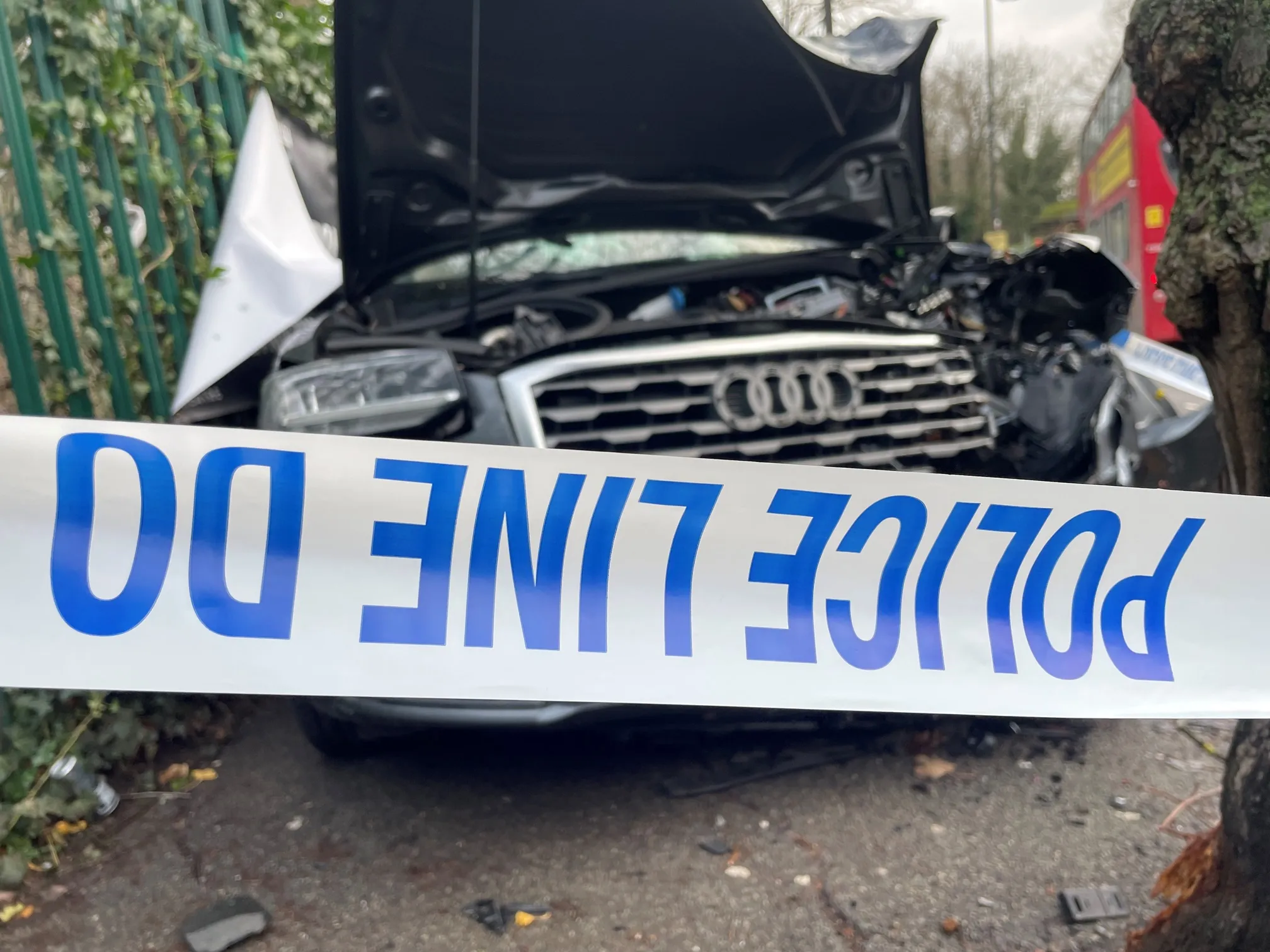
Users of mobility scooters should be included alongside other vulnerable road users in the UK’s Highway Code.
The call comes from Surewise, a mobility scooter insurance intermediary, after recent increases in crashes between mobility scooters and vehicles.
The code is the UK government’s official set of information and guidance for road users in the UK, produced to promote the safe and efficient use of the road network.
Though the Highway Code is not legally binding, many of its rules directly reflect the law. Often a failure to observe any of its provisions may be used as evidence in legal proceedings.
In January 2022, the Highway Code was updated to introduce a 'Hierarchy of Road Users', which assigns greater responsibility to those who can cause the most harm, such as heavy goods vehicles, while prioritising the safety of pedestrians. Surewise, which has insured over 130,000 mobility scooters, said that despite their vulnerability, mobility scooter users remain absent from the hierarchy, leaving a critical gap in protections for these users.
New data shows that fatalities among mobility scooter users in 2023 nearly doubled compared to 2022. The UK’s Department for Transport (DfT) says 16 mobility scooter users were killed and 80 were reported seriously injured in collisions in 2023 - up from nine fatalities and 64 serious injuries in 2022.
Mobility scooter users were among the few road user groups to experience a notable rise in casualties in 2023, while most other groups saw either a decrease or no change at all.
Surewise said that its own research has highlighted how mobility scooter users are nearly three times more likely to be killed in a road collision than any other road user group. Over the past decade, casualties involving mobility scooters have increased by an average of 20% annually.
In 2023, 74% of mobility scooter crashes involved one other vehicle, such as a mobility scooter and a car. In 79% of injury collisions, the mobility scooter user themselves was the victim. Meanwhile, 64% of mobility scooter user casualties were over the age of 55 and 80% of mobility scooter casualties occurred in urban areas.
Richard Hannan, director of Surewise, said the unique needs of mobility scooters are often overlooked. “The fact that their exclusion from the Highway Code persists while fatalities rise is simply unacceptable. Their safety and prioritisation must be reflected in road safety policies.”
Surewise also said that campaigners are frustrated by the outdated terminology used in legislation to describe mobility scooters. The law continues to refer to them as "invalid carriages", a term widely regarded as inaccurate and out-of-date.
“This archaic term not only fails to reflect the reality of modern mobility aids but also perpetuates confusion and misunderstanding about their proper use and rights on pavements and roads,” said Hannan. “Such language undermines efforts to raise awareness and improve safety for mobility scooter users.”
Duncan Guest, a cognitive psychology expert at Nottingham Trent University, led a two-year study into how mobility scooter users perceive road hazards. “The significant rise in fatalities and serious injuries involving mobility scooter users underscores the urgent need for their inclusion in the Highway Code,” he said. “These users face unique challenges navigating pavements and roads, often contending with inadequate infrastructure, poor driver awareness and a lack of clear guidance.
“By including mobility scooter users in the code’s Hierarchy of Road Users we can ensure their vulnerabilities are recognised and that road safety measures are designed to protect them. Addressing this policy gap is essential to prevent further tragedies and support safer mobility for all.”
Further research by Surewise shows that in 2023, 23% of mobility scooter-related road deaths and injuries were caused by the driver or rider failing to look properly. Other key contributory factors included careless or hurried behaviour (9%), failure to judge another road user’s speed (8%), loss of control (7%) and poor manoeuvres (6%).







